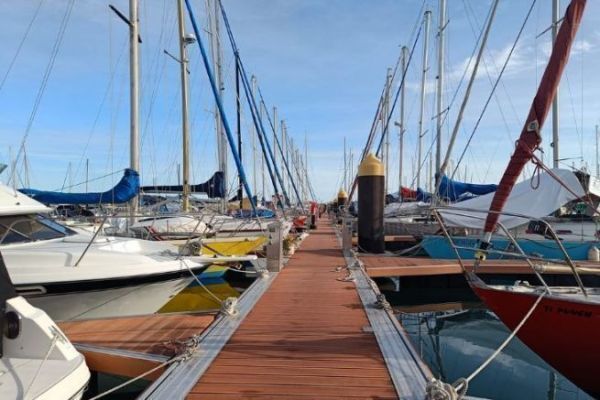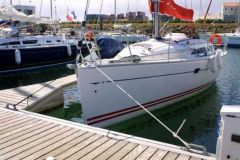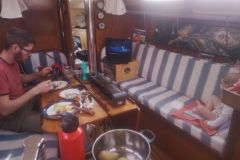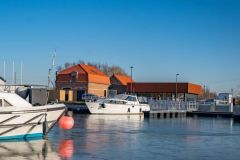Changes in daily life
The contrast between life in an apartment or house and life on board really depends on the type of ship you live on. While some boats have very large living spaces, with facilities that allow the use of onboard showers and toilets, others are more restricted or require the crew to use the collective sanitary facilities in port.
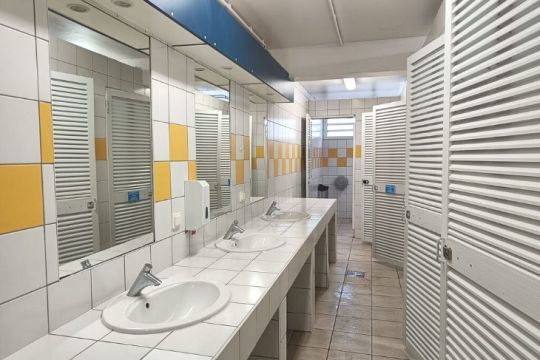
When you live in a limited space where you can only have the essentials, you may need to rent a garage or an annex room, in parallel with the harbor location. Sometimes, this is a solution to put a washing machine and not have to go through a laundry service. Otherwise, unless you take specific appliances on board, laundry and dishes are done by hand!
So many small changes that require a little adaptation. But you normally get used to it very well, without as many constraints as when living at anchor .
Less expenses
The price of a berth varies from one port to another, depending on the country of mooring and the size of the inhabited vessel. While the monthly fee often includes water and electricity, it can be necessary to pay by consumption when the berths are equipped with independent meters and contracts.
To these expenses, you must add the insurance costs ‚euros often mandatory to have the right to leave your boat in a marina, a post office box when there is no possibility to receive your mail at the harbour master's office or at a relative's house. Depending on the time of the year and the geographical area chosen, you should also invest in some equipment to manage the cold or heat on board.
Generally, all these expenses put together do not reach the amount that would be paid in rent to live in a classic, onshore accommodation. Often in the city center, ports also offer well-located accommodation.
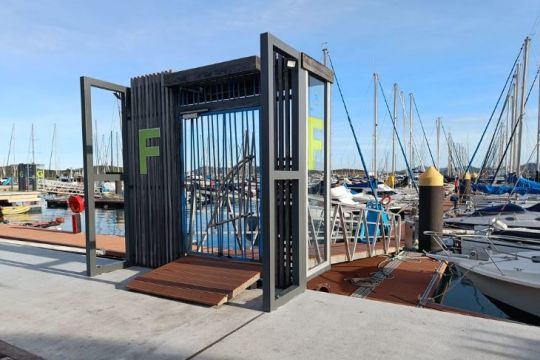
Community integration
Some ports are very inhabited. By choosing to live on your boat, you become part of a large community. Neighbors, parents and children share the same passion: everyone has great sailing stories to tell and the conversations are always passionate.
There is also a certain solidarity between residents: they lend each other tools, advice and skills, and share car journeys to take their children to school or to stock up on gas.
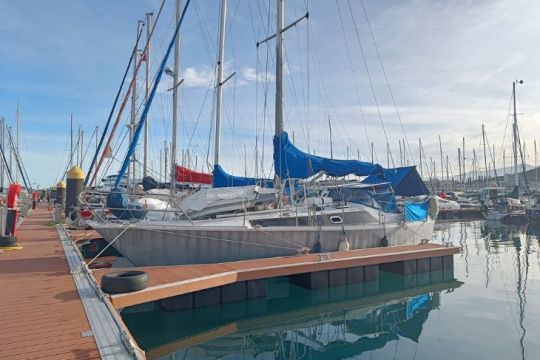
More navigation possibilities
Finally, when you live on your boat, it is often easier to take off. An inhabited vessel is generally a maintained boat, always almost ready to go! This makes it possible to envisage outings at the end of the day or for the night, and the weekends can be extended until the resumption of work on Monday morning‚euros¶


 /
/ 